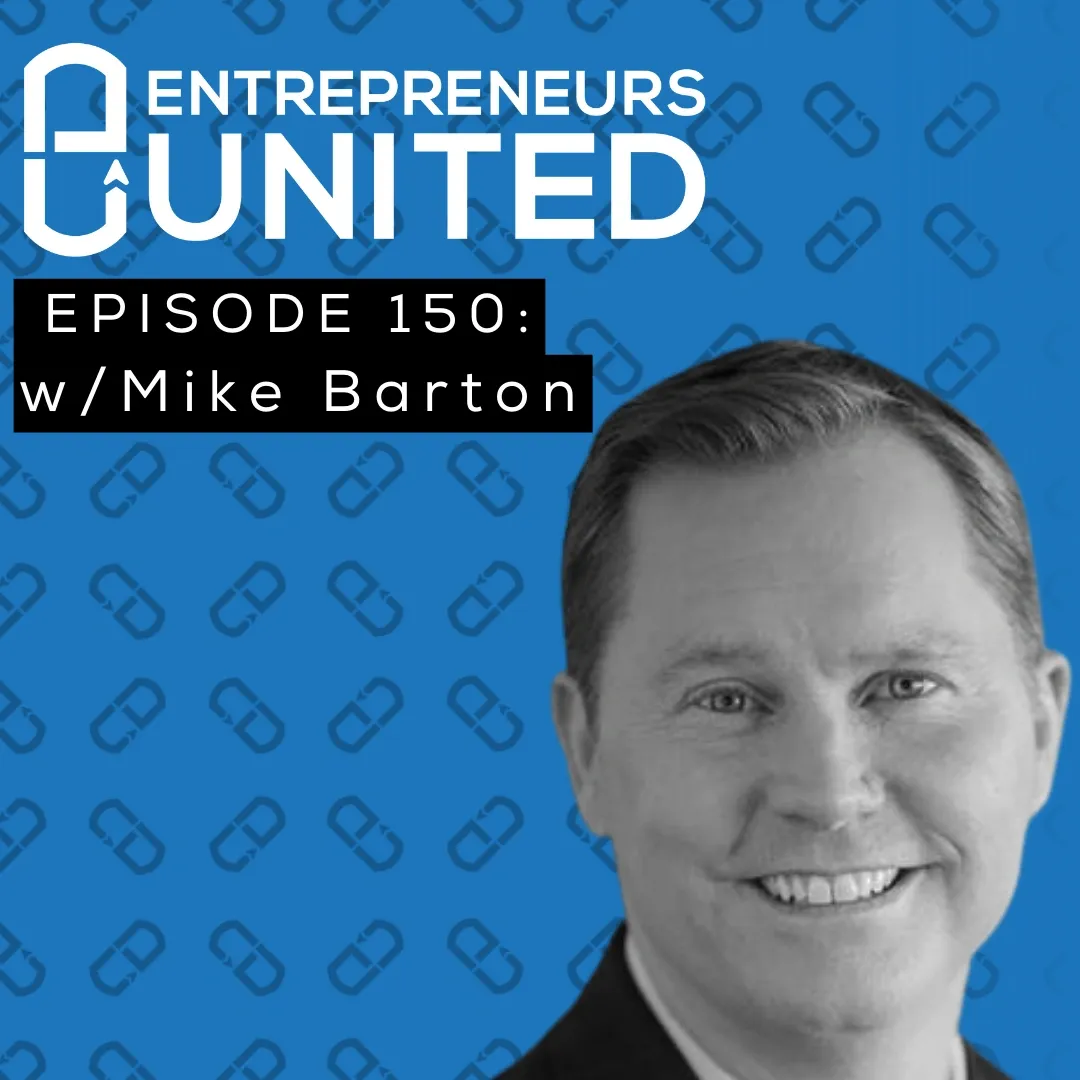
Are You Tired Of Increasing Health Care Costs For Your Business? – w/ Mike Barton
Episode 150 • July 17, 2023
Mike Barton, (Chief Growth Officer, World Insurance) has been in the insurance industry for over 30 years. World Insurance is the 2nd fastest-growing broker in America and has already risen to the ranks of the Top 25 largest brokers. With over 2,000 associates in over 100 locations, World Insurance is poised to help employers modernize benefit programs and deliver market-leading results.
In this episode, Mike Barton emphasizes the significance of prioritizing recruitment, retention, and employee productivity through the implementation of a total reward strategy that focuses on employee well-being. Mike highlights the growing recognition among employers regarding the impact of this strategy on their organizations. By creating a culture that attracts and retains employees, employers can enhance recruitment and retention rates. Moreover, by prioritizing employee well-being, employers can also boost productivity. Mike suggests that employers should consider ancillary benefits, such as savings and insurance, as part of the overall well-being strategy. Additionally, Mike emphasizes the competition for talent in various industries and how a culture that prioritizes employee well-being can give employers a competitive advantage in attracting and retaining key talent. Overall, the episode underscores the importance of implementing a total reward strategy that places a strong emphasis on employee well-being to improve recruitment, retention, and employee productivity.
Episode 150 also emphasizes the importance for entrepreneurs to continuously research and learn about employee benefits options. Mike highlights the need for entrepreneurs to stay informed and not settle for the status quo, as many tend to treat employee benefits as an afterthought. They mention that entrepreneurs often accept the annual invoice for a 3% increase without exploring other alternatives.
Mike advises entrepreneurs not to shy away from considering alternative financing options for health insurance or self-funding options with stop-loss or a captive. They acknowledge that biases against these options may exist due to past experiences or rumors, but encourage entrepreneurs to overcome these biases and explore alternative financing options for employee benefits.
Furthermore, Mike suggests that entrepreneurs should consider the overall well-being of their employees, rather than solely focusing on financial aspects. They mention that providing incentives for employees to engage in healthy behaviors, such as joining a health club or participating in wellness programs, can be beneficial for both employees and the company. By fostering a culture that promotes and supports employee well-being, entrepreneurs can attract and retain talent, leading to increased recruitment, retention, and employee productivity.
Overall, the episode highlights the importance of continuous research and learning for entrepreneurs when it comes to employee benefits. By staying informed about available options and considering alternative financing methods, entrepreneurs can make informed decisions that not only benefit their employees but also contribute to the success of their businesses.
According to the episode, the size of a company can determine the range of options available for controlling healthcare costs and promoting employee health. In the reform market, which includes companies with two to 49 employees, the options are relatively limited. Employers in this market have access to public and private exchanges with only a few participating carriers. However, the carrier landscape in this market is essentially a government-sanctioned oligopoly, with only four major players: Etna, Cigna, United, and Blue Cross (formerly Humana, but they no longer offer commercial insurance and focus only on Medicare).
Once a company reaches 50 employees, they move out of the reform market and into what the episode refers to as the “classic mid-market.” In this market, employers increasingly turn to participating contracts or self-funding with stop loss. These options allow employers to participate in their positive experience and potentially reduce administrative waste, such as premium tax or state mandates. By unbundling from traditional carriers, mid-market employers can also cap carrier profit margins and expenses.
For companies with 1,000 employees and above, the episode does not provide specific information on the range of options available. However, it suggests that there may be even more options for controlling healthcare costs and promoting employee health in this segment. The episode mentions larger companies that are establishing their own doctor’s offices in their buildings with private practice doctors, creating a more proactive approach to healthcare. This implies that as companies grow in size, they may have the resources and flexibility to implement more comprehensive and personalized healthcare solutions for their employees.